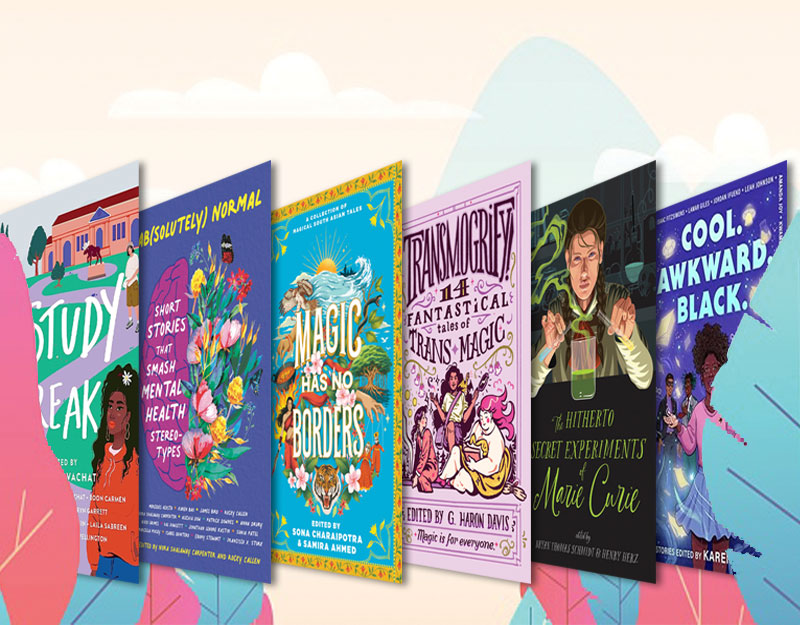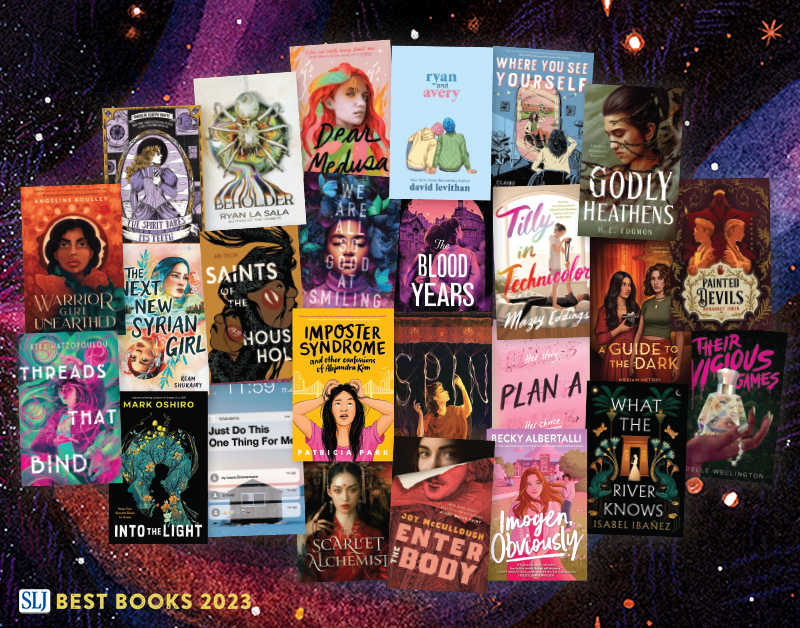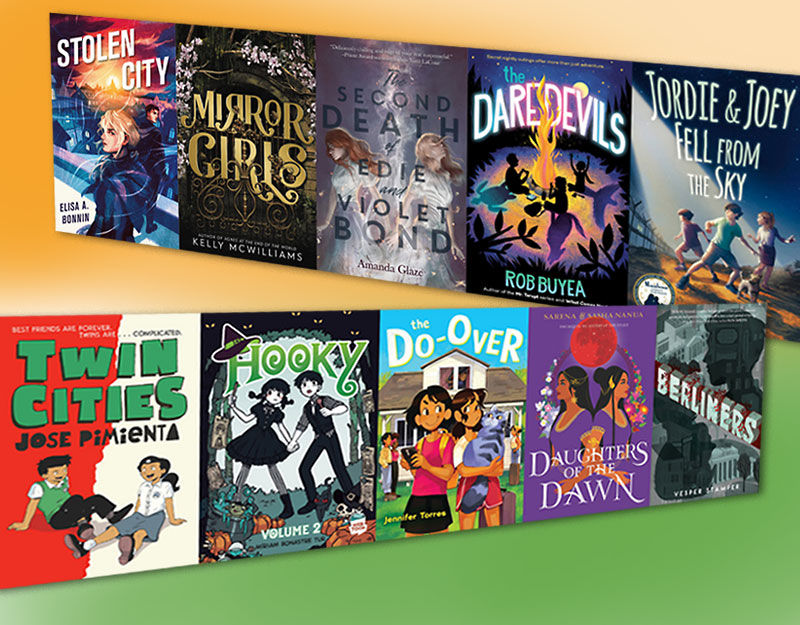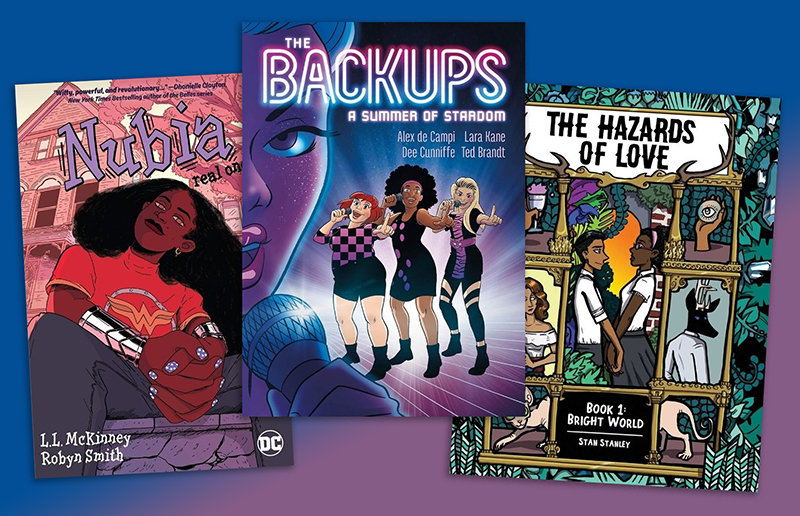#FSYALit: Hooking Up with Jesus, a discussion of Jackson Pearce’s PURITY by guest blogger Jen Leitch
Today as part of our ongoing discussion of Faith and Spirituality in YA Lit, guest blogger Jen Leitch is discussing PURITY by Jackson Pearce. You can learn more about the discussion and see the previous posts at the #FSYALit Discussion Hub.
 “The only thing I leave the session with is a sense of certainty that Eve made a fair trade by eating that fruit. She traded paradise for knowledge. She wanted to know the truth about evil, about God, about sex, just like I do. Way to go, Eve. … Maybe Eve did feel worthless for betraying God—maybe I’ll feel worthless if I have sex. But at least that way, God would be coming through the way everyone predicted. At least that way, I would know that the church’s version of God isn’t just a picture-book fantasy.” – from “Purity” by Jackson Pearce
“The only thing I leave the session with is a sense of certainty that Eve made a fair trade by eating that fruit. She traded paradise for knowledge. She wanted to know the truth about evil, about God, about sex, just like I do. Way to go, Eve. … Maybe Eve did feel worthless for betraying God—maybe I’ll feel worthless if I have sex. But at least that way, God would be coming through the way everyone predicted. At least that way, I would know that the church’s version of God isn’t just a picture-book fantasy.” – from “Purity” by Jackson Pearce
ADVERTISEMENT
ADVERTISEMENT
Knowledge, Experience, and Truth: the Holy Trinity at the heart of figuring out who we are, where we belong, how we make and live with our choices, and how we reconcile ourselves with the people around us. There isn’t anything more fundamentally human than trying to understand yourself and your place in the world.
I’m not going to pretend that there isn’t plenty in this book to provoke strong reactions from some readers and their parents. It’s a novel, after all, based on the “American Pie Experience”: a teenager attempting to have sex for the first time before a predetermined deadline. Where this novel breaks new ground, however, is in two key areas: the character on this mission, Shelby, is female; and she articulates her decision-making and emotional processes in conjunction with pleas for spiritual and familial connection. This juxtaposition of the traditionally sacred (spirituality/faith) and the stereotypically profane (sex), combined with Jackson Pearce’s feminist inversion of the traditionally male quest to “get laid” distills into something that feels simple, honest, and real. “Purity” becomes an allegory about the eternal conundrum of wanting to find God and doubting His existence.
Shelby struggles with her Christian faith throughout the novel. In the wake of her mother’s death, she finds herself yearning for the God she’s been taught about to make His presence obvious in her life. Yet, alongside that very yearning, she has authentically articulated doubts, and cannot seem to synthesize the nursery Jesus with the God who, in her mind, refused to save her mother. Instead, she clings on to the three promises she made to her dying mother: “Love and listen to your father. Love as much as possible. Live without restraint.” Shelby’s attempts to adhere to the promises actually create barriers between herself and her father instead of uniting them. Despite her efforts, the promises are kept only on a superficial level: more a checklist than a philosophy. When her father wants them to participate in the community’s annual Purity Ball, Shelby finds herself torn between two of the promises: listen to your father versus live without restraint. The relationship between Shelby and her father can be read symbolically as an equivalent to her spiritual relationship with God. As she begins to break down the walls in her relationship with her father-who-art-on-Earth, so too does she reach an armistice with The Father Who Art In Heaven.
In a religious context, purity distills itself into ‘being and doing that which is pleasing to God.’ In the case of a Purity Ball, that generally means making a formal vow to your father that you will live a life free from alcohol, drugs, and sex until the appropriate church-and-society-sanctioned time. Shelby’s decision to dispose of her virginity before the Purity Ball—in order to accomplish a feat of loophole-logic most lawyers would admire–essentially (and somewhat ironically) sets her on a path to hooking-up with Jesus. Without spoiling the story, let me just say that all of the boys Shelby enlists in her “Lose Virginity Now” plan signal elements of the triune God. Ex-boyfriend Daniel is distant; popular Ben is an approachable Jesus look-alike; and new-guy Jeffrey’s name means “peace of a stranger”, linking him both in name, and in what he provides, to the Holy Spirit. Alongside these interactions, Shelby also negotiates an evolving relationship with her best friend Jonas. I don’t believe his name is a coincidence: it has 5 letters, starts with J, vowel, consonant, vowel, and ends in S. To further illustrate the analogy: Jonas brings her a yellow rose–a symbol of friendship, of light in the darkness, of hope—to take to her mother’s gravesite, and she thinks , “ I could do it alone—I’ve done it alone. But why would I want to?” Many of Shelby’s thoughts and statements throughout the novel can be interpreted spiritually as well as literally. Furthermore, while reflecting upon her mother’s favourite book, ‘The Little Princess’, Shelby reveals, “There was nothing magical about the book ending, if you ask me. One of my favourite parts of the movie was the scene when Sara realizes her father was there all along, right across the street.” Not only does this observation foreshadow a newfound relationship with her father/Father, it encapsulates the metamorphosis that occurs in her friendship with Jonas/Jesus as well.
Jackson Pearce’s great strength as an author is the way she infuses humor and a faltering humanity into all of the significant characters in the book. They are understandable people facing real-world choices and spiritual conundrums while exchanging realistically snappy remarks. The reader won’t always agree with the characters or their choices, but the novel respects each character and encourages the reader to empathize. Although the characters sometimes come across as flippant, there is an unaffected candor to their dialogue that rings true.
Pearce doesn’t knock the reader over the head with any particular ideological hammer. At the end of the novel, it could be argued that Shelby has not reconciled herself with God just as easily as it could be argued that she has. (Obviously, I tend towards believing that she is, at the very least, on her way to doing so. I’d be interested to read an atheistic-leaning interpretation of Shelby’s thought process.) Notwithstanding the agnostic ambiguity, the novel’s purity lies in Shelby’s pursuit of an honest and legitimate expression of her life. For me, this is exactly what Christianity is meant to impart: that making decisions and becoming self-aware doesn’t mean getting thrown out of the garden. Instead, it means reconciling the physical with the spiritual, transforming judgement into empathy, owning responsibility, and seeking to empower (pure) love.
Jen Leitch works in two JK-Grade 8 elementary school libraries in Ontario, Canada. She is a certified teacher with an undergraduate minor in Religious Studies who wrote her Master’s thesis on the ways in which curriculum can and should support opportunities for discussions of faith throughout all school systems. According to her students, she “has awesome book knowledge”, “is very organized by the Dewey Decimal System”, and “is a great reader and a nice person.” (Thanks, you guys!) You can find her on Twitter @Jen_Lei , where she’s as likely to be talking about books and libraries as she is about tv, movies, and gaming.
Filed under: #FSYALit, Faith, Spiritual Life, Spirituality
About Karen Jensen, MLS
Karen Jensen has been a Teen Services Librarian for almost 30 years. She created TLT in 2011 and is the co-editor of The Whole Library Handbook: Teen Services with Heather Booth (ALA Editions, 2014).
ADVERTISEMENT
ADVERTISEMENT
SLJ Blog Network
2024 Books from Pura Belpré Winners
In Memorium: The Great Étienne Delessert Passes Away
Winnie-The-Pooh | Review
Parsing Religion in Public Schools
ADVERTISEMENT








